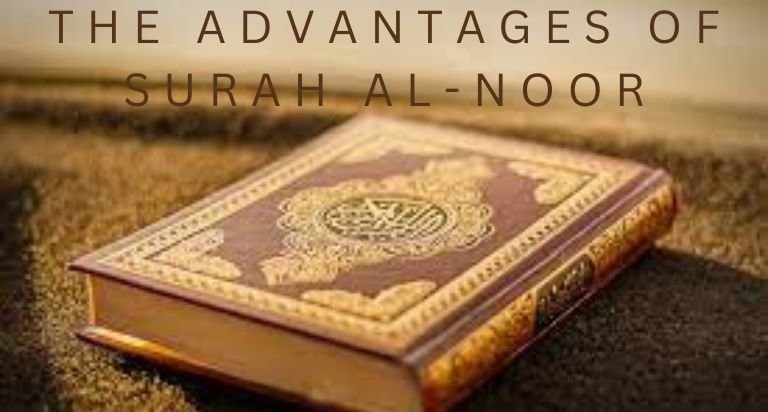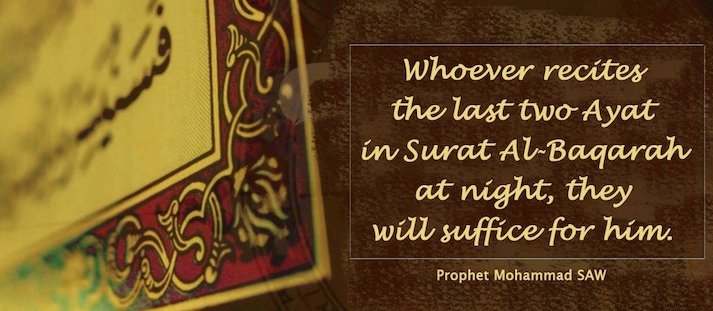Darood Sharif, also known as Salawat or Salat and Salam, is a practice in Islam that invokes blessings upon the Prophet Muhammad. It holds great virtue and significance in the Islamic tradition. Reciting Darood Sharif invokes divine blessings, acts as a means of intercession on Judgment Day, purifies the heart and soul, brings spiritual rewards, expresses love and devotion to the Prophet, protects against difficulties and calamities, and elevates the individual's spiritual status. It is considered a virtuous deed that can help seek forgiveness for one's sins when done with sincerity and devotion.
Divine Blessings
Performing the recitation of Darood Sharif is highly revered in Islamic tradition as a sacred ritual that seeks Allah's favour and kindness for the reciter as well as for the revered Prophet Muhammad (peace be upon him). To seek Allah's favour and kindness, this renowned practice is more than just a ritual; it is an endeavour of the spirit. It is a moving demonstration of respect and loyalty to the Prophet, who guided his followers to a deeper union with God and an example of humility, thanks, and compassion. Muslims hope to join the Prophet Muhammad's (peace be upon him) deep love and adoration, and to share in the many blessings and spiritual enlightenment that come with such devotion, by saying Darood Sharif.
Day of Judgment
A potent way of intercession on the Day of Judgement is thought to be the habit of regularly reciting Darood Sharif, which bears great significance in Islamic tradition. For Muslims, the promise of the intercession of the Prophet Muhammad (peace be upon him) is an essential part of their faith. Many see the prophet's intercession to be an act of kindness and compassion that exemplifies his essential role as Allah's last messenger. The faithful show their allegiance to the Prophet and ask for his help in gaining salvation in the Hereafter by reciting Darood Sharif on a regular basis. On the Day of Judgement, it is believed that this spiritual practice would lead to receiving Allah's mercy and forgiveness through the intercession of the Prophet.
Cleansing of Sins
Muslims believe that reciting Darood Sharif is a spiritually cleansing and good deed that may improve one's character and outlook on life. This holy ritual is more than just repeating words; it is a heartfelt cry for God's pardon and compassion as well as an outpouring of respect and love to the Prophet Muhammad (peace be upon him). Muslims seek inner purification via the honest recitation of Darood Sharif, in which they confess their faults and inadequacies and ask Allah for forgiveness and compassion. Some have the view that bestowing blessings onto the Prophet cleanses the believer's soul of the impurities brought about by disobedience and transgression.
Increased Spiritual Rewards
Muslims believe that reciting Darood Sharif brings abundant spiritual rewards. The more sincerely and frequently one engages in this practice, the greater the spiritual benefits that are believed to accrue.
Sharing My Heartfelt Commitment
Reciting Darood Sharif is a way for Muslims to express their love and devotion to the Prophet Muhammad (peace be upon him). It is considered a form of gratitude for the guidance and teachings brought by the Prophet for the betterment of humanity.
Protection from Calamities
Some traditions suggest that the recitation of Darood Sharif can act as a shield against difficulties and calamities. It is believed to seek Allah's protection and blessings in times of need.
Seeking the Prophet's Intercession
One of the greatest virtues of reciting Durood Sharif is the hope of gaining the Prophet's intercession on the Day of Judgment. The Prophet Muhammad (pbuh) holds a special status in the sight of Allah, and his intercession can help us attain forgiveness, mercy, and a higher station in the Hereafter. By sending blessings upon him, we demonstrate our love and devotion, and hope for his intercession on our behalf.
Abundant Rewards and Blessings
Reciting Durood Sharif brings abundant rewards from Allah. Every time we send blessings upon the Prophet, we are rewarded by Allah Himself. The rewards for this act of devotion are multiplied, and the blessings bestowed upon us are countless. It is a means of drawing closer to Allah and seeking His pleasure.
Spiritual Connection and Guidance
Reciting Durood Sharif helps establish a strong spiritual connection with the Prophet Muhammad (pbuh). It allows us to feel closer to him, to emulate his noble character, and to seek guidance from his teachings. This connection deepens our love for him and strengthens our faith. It serves as a reminder of his exemplary life and teachings, inspiring us to follow his path.
Protection and Tranquility
Sending blessings upon the Prophet acts as a shield against difficulties and calamities. It brings protection and blessings from Allah, safeguarding us from harm and guiding us towards righteousness. In times of distress, reciting Durood Sharif provides comfort and tranquility. It reminds us that we are not alone and that Allah's mercy and blessings are always with us.
Purification of the Heart
Reciting Durood Sharif purifies the heart and removes spiritual impurities. It helps in cultivating positive traits such as love, humility, and compassion, while diminishing negative traits like.
In what way is the Durood Shareef to be recited
What circumstances should the individual and his surroundings be in? When reciting Durood Shareef, the following considerations should be made:
The reciter's attire need to be spotless and devoid of any contaminants
A spotless environment is required for reading the Durood Shareef
Being in a Wudhu condition while reciting the Durood Shareef is more excellent. (This is optional; wuduh is not required [Islamic Academy].
It is preferable to sit in the same posture as you would in Salaah and recite the Durood Shareef with the appropriate focus and reverence.
Elevation of Spiritual Status
Regular recitation of Darood Sharif is believed to elevate the spiritual status of the individual. It is seen as a way to draw closer to Allah and gain His favor.
Conclusion
Reciting Darood Sharif is considered a virtuous deed that can help seek forgiveness for one's sins when done with sincerity and devotion. It is believed to act as a shield against difficulties and calamities, seeking Allah's protection and blessings in times of need. The more sincerely and frequently one engages in this practice, the greater the spiritual benefits that are believed to accrue.













